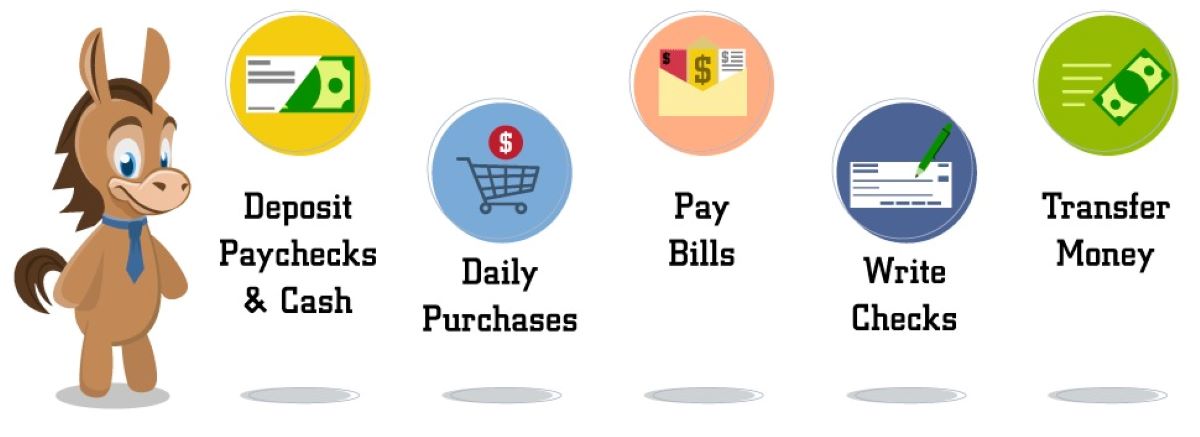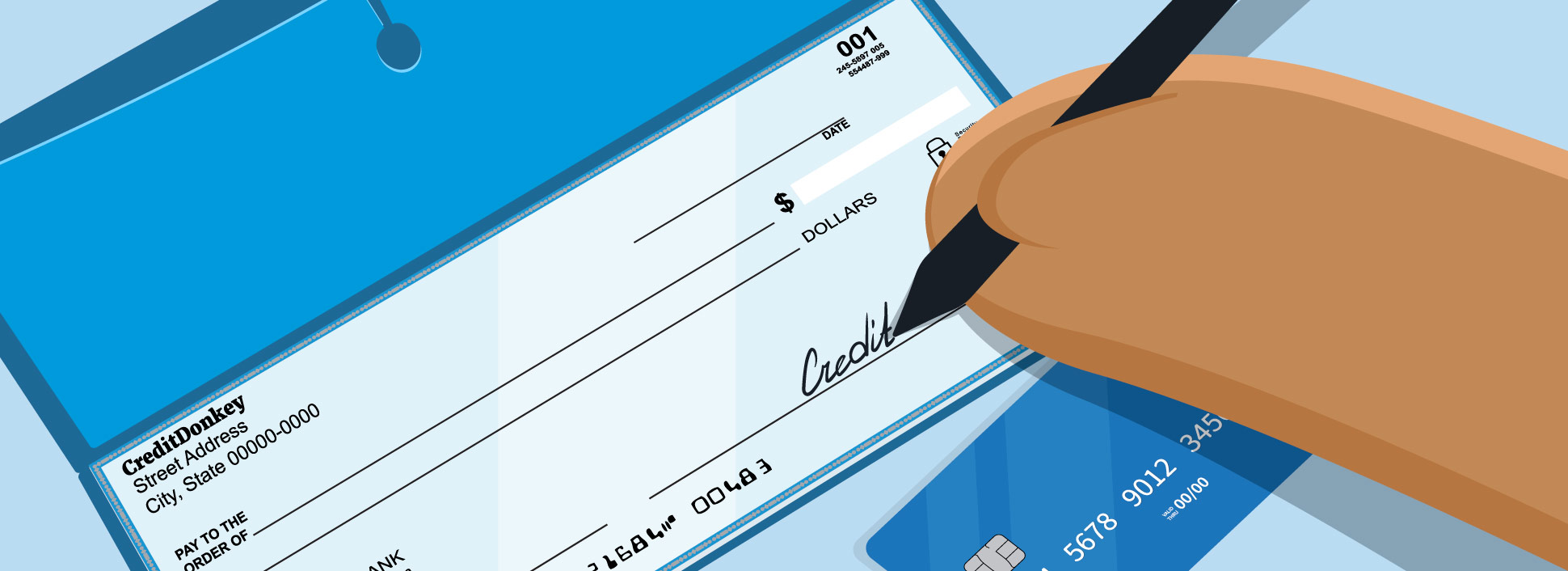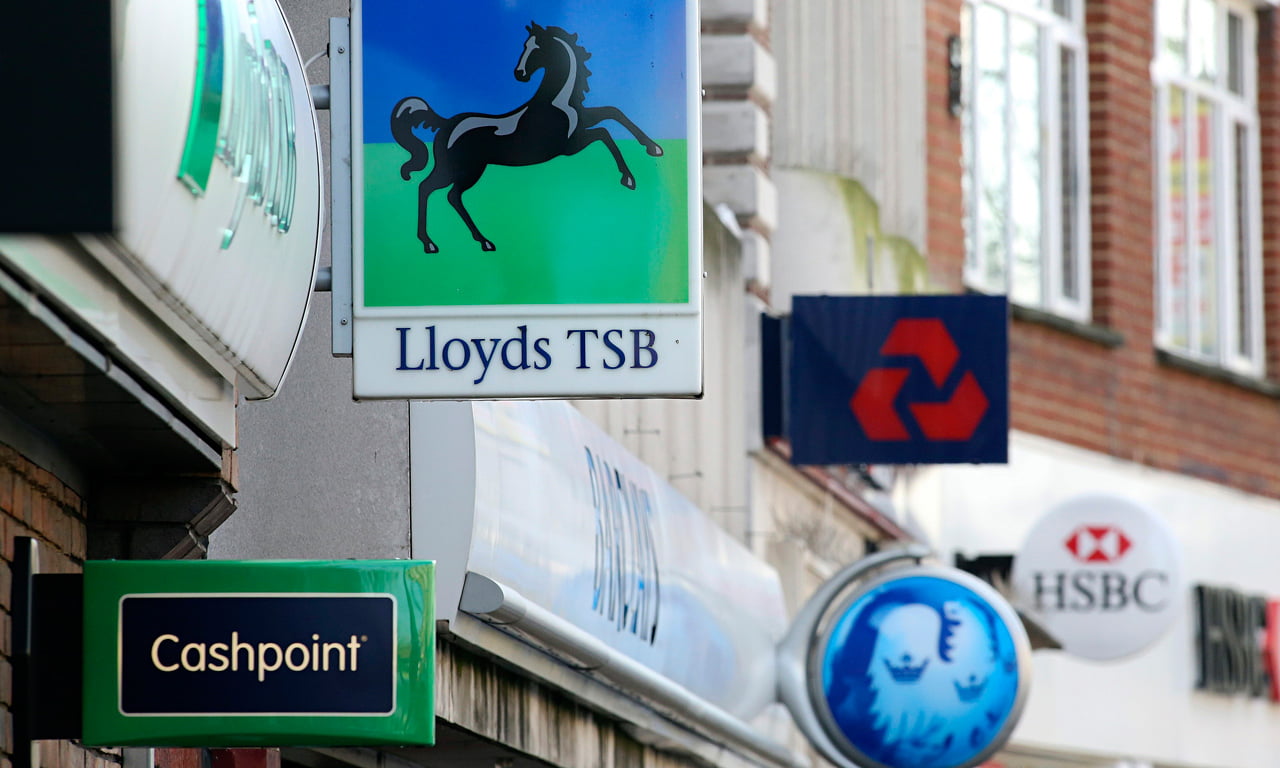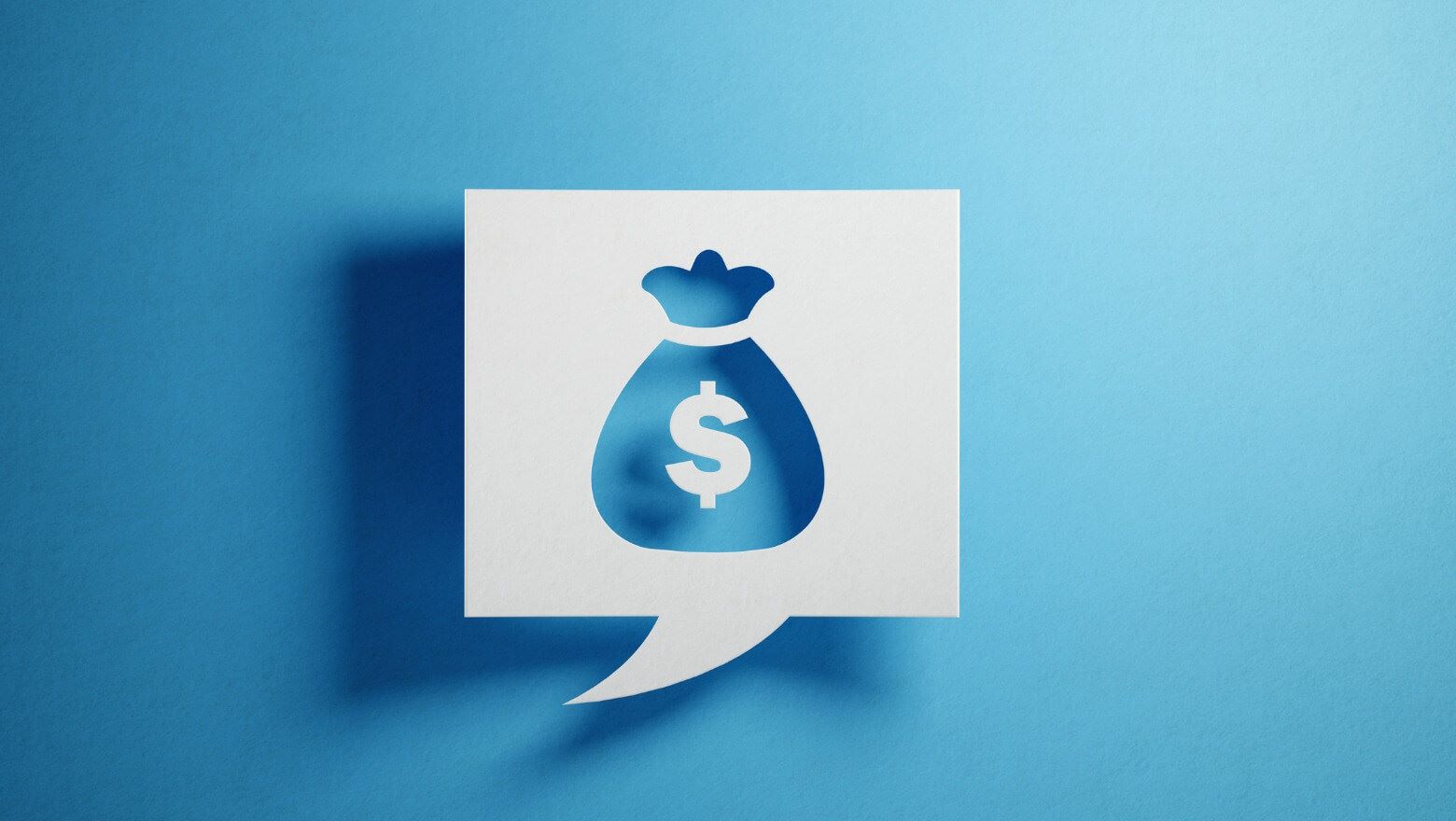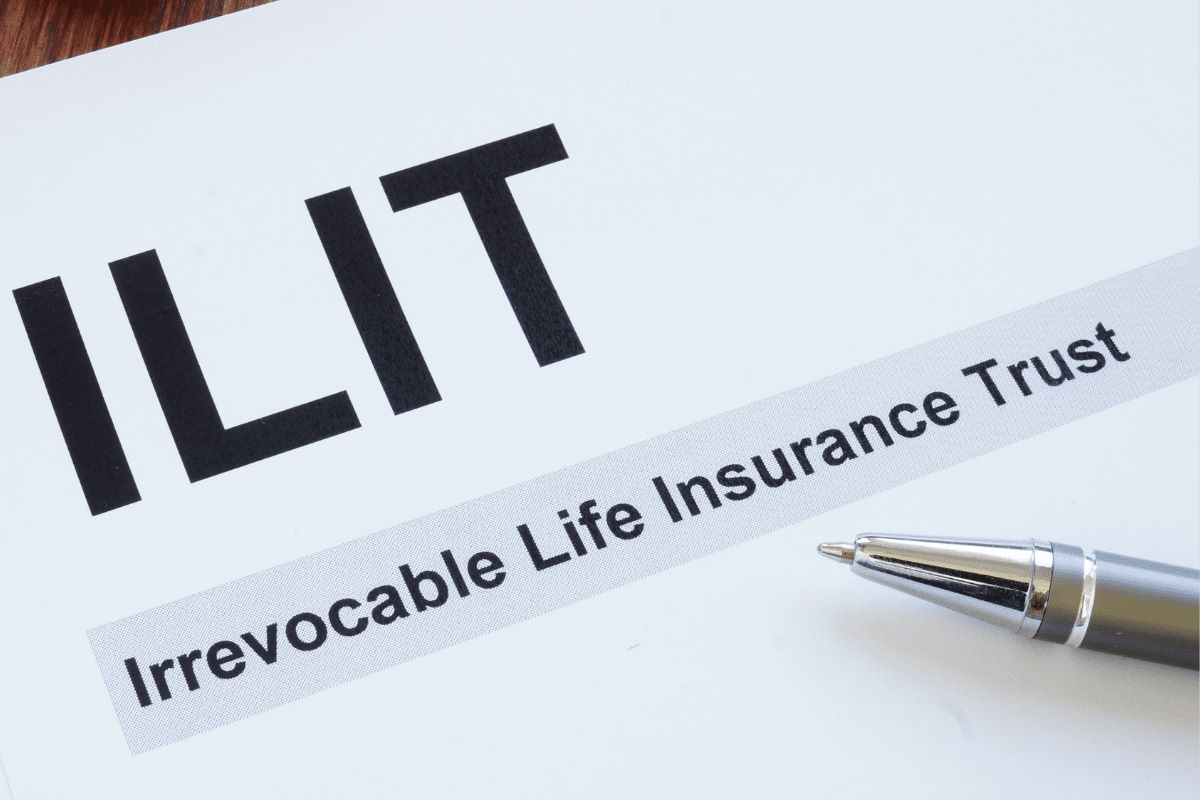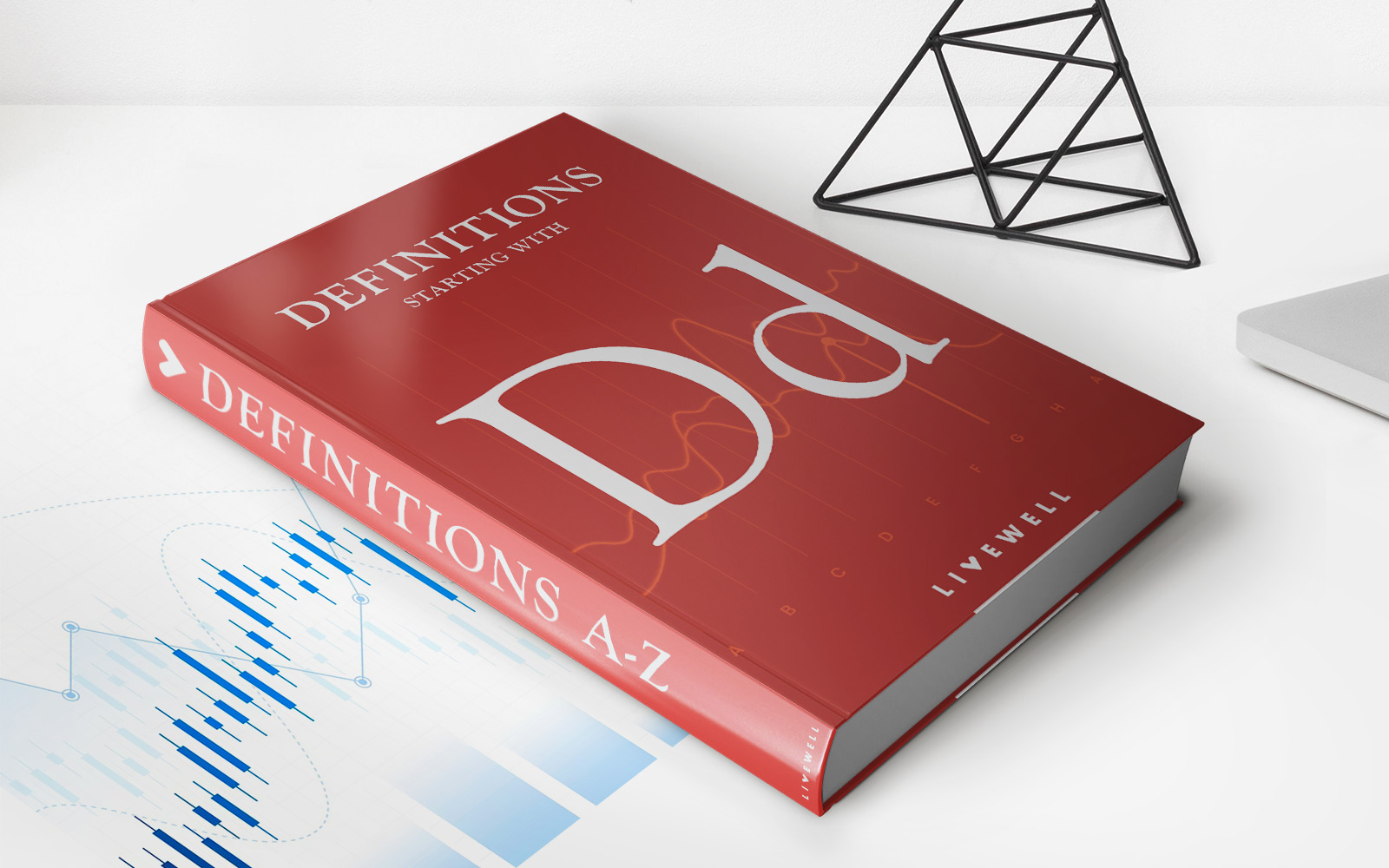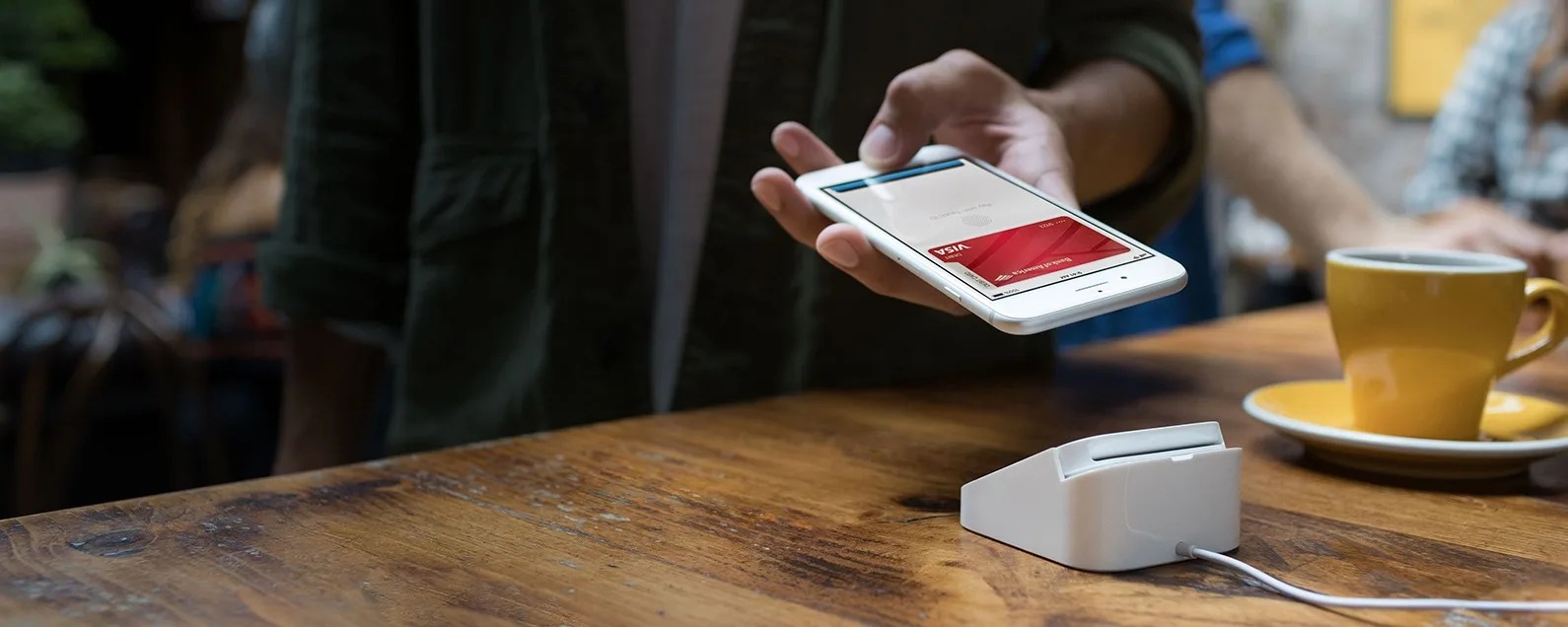

Finance
Credit Check When Opening A Bank Account
Modified: January 10, 2024
When opening a bank account, it is important to understand the credit check process. Learn how your finance history can impact your chances of approval.
(Many of the links in this article redirect to a specific reviewed product. Your purchase of these products through affiliate links helps to generate commission for LiveWell, at no extra cost. Learn more)
Table of Contents
- Introduction
- Why do banks perform credit checks?
- What is a credit check?
- How do credit checks affect the bank account opening process?
- How does a bad credit score impact the likelihood of opening a bank account?
- What are the alternatives for individuals with bad credit?
- Tips for improving your credit score before opening a bank account
- Conclusion
Introduction
Opening a bank account is a fundamental step towards managing your finances effectively. It provides a safe and convenient way to store your money, access financial services, and build a strong foundation for your financial future. However, when it comes to the process of opening a bank account, you may come across a term called “credit check.”
Credit checks play a crucial role in the bank account opening process. They help banks assess the risk associated with potential customers and ensure that they are providing services to individuals who meet their criteria. In this article, we will explore what a credit check is, why banks perform this check, and how it can impact your ability to open a bank account.
A credit check is essentially a review of your credit history and credit score. It allows the bank to gain insights into your financial reliability and responsibility. By evaluating your creditworthiness, banks can determine the level of risk they are taking by opening an account for you. This includes assessing factors such as your payment history, outstanding debts, credit utilization, and any negative records like bankruptcies or defaults.
The results of a credit check can significantly impact your ability to open a bank account. If you have a good credit score and a healthy credit history, it demonstrates to the bank that you are a responsible borrower and are likely to manage your accounts and financial obligations diligently. As a result, you may have a smoother account opening experience, with access to a wider range of banking options and services.
On the other hand, if you have a poor credit score or a history of financial mismanagement, you may encounter difficulties when trying to open a bank account. Banks may be hesitant to provide services to individuals with a higher risk profile, which can limit your options and make it more challenging to find a suitable bank that will accept you as a customer.
However, it’s important to note that having a bad credit score does not necessarily mean you will be denied the opportunity to open a bank account. There are alternative options available, such as basic bank accounts or second chance banking, which cater specifically to individuals with poor credit. These accounts may have certain limitations, such as higher fees or restricted features, but they can still provide you with essential banking services.
In the following sections of this article, we will delve deeper into the specifics of credit checks in the bank account opening process. We will also provide tips on improving your credit score before opening a bank account, so you can maximize your chances of securing the banking services you need.
Why do banks perform credit checks?
Banks perform credit checks as part of their due diligence process when opening a bank account for a new customer. These checks serve several important purposes for the bank and the customer.
The primary reason banks conduct credit checks is to assess the risk associated with opening a bank account for a particular individual. A credit check allows the bank to evaluate the customer’s financial behavior, including their ability to repay debts, manage credit, and meet their financial obligations. By reviewing the customer’s credit history and credit score, banks can determine the level of risk they are taking by providing banking services to that individual.
Credit checks also help banks prevent fraud and protect themselves from potential losses. They provide insight into whether an individual has a history of defaults, bankruptcies, or other financial irregularities that could indicate a higher risk of fraudulent activity or potential loss for the bank. This information helps banks make informed decisions when it comes to opening accounts and mitigating potential risks.
Additionally, credit checks play a crucial role in complying with legal and regulatory requirements. Banks are required to follow Know Your Customer (KYC) regulations, which aim to prevent money laundering, terrorist financing, and other financial crimes. By conducting credit checks, banks gather essential information about their customers, ensuring compliance with these regulations and helping to maintain the integrity of the financial system.
Moreover, credit checks allow banks to differentiate between customers and offer tailored services based on their creditworthiness. Customers with a strong credit history and high credit scores are more likely to be eligible for premium banking services, such as higher credit limits, lower interest rates on loans, and access to exclusive benefits or rewards programs. On the other hand, customers with a poorer credit history may be offered basic banking services with certain limitations.
Overall, credit checks enable banks to make informed decisions, mitigate risks, comply with regulations, and provide tailored services to customers. It is important to understand that credit checks are a standard practice in the banking industry and should not be seen as a barrier, but rather as a necessary step to ensure responsible banking and protect both the bank and its customers.
What is a credit check?
A credit check is a process that involves reviewing an individual’s credit history and credit score to assess their financial reliability and creditworthiness. It provides banks and financial institutions with valuable insights into a person’s borrowing and repayment behavior, as well as their overall financial management skills. Credit checks are typically performed by banks when opening a new account, extending credit, or considering a financial relationship with an individual.
The two key components of a credit check are the credit history and the credit score. The credit history is a detailed record of an individual’s borrowing activities, including credit cards, loans, mortgages, and any other forms of credit. It shows how the individual has managed their debts, including payment history, outstanding balances, and any delinquencies or defaults.
On the other hand, the credit score is a numerical representation of an individual’s creditworthiness. It is calculated based on various factors, such as payment history, credit utilization, length of credit history, types of credit in use, and new credit inquiries. Credit scores range from 300 to 850, with higher scores indicating a better credit profile and lower risk.
When a bank performs a credit check, it typically obtains the individual’s credit report from one of the major credit reporting agencies, such as Equifax, Experian, or TransUnion. These agencies collect and maintain credit information on individuals and compile it into credit reports, which provide a comprehensive overview of the person’s credit history.
It is important to note that different banks may have different criteria for evaluating credit reports and credit scores. Some banks may focus more on credit scores, while others may consider the overall credit history and certain specific factors, such as recent credit applications or high levels of debt.
Credit checks are not limited to banking institutions. Landlords, insurance companies, employers, and other organizations may also perform credit checks to assess an individual’s financial responsibility and trustworthiness. These checks help these organizations make informed decisions about providing housing, insurance coverage, employment, or other services.
It is crucial for individuals to regularly review their own credit reports to ensure accuracy and identify any potential errors or discrepancies. This can be done by obtaining free annual credit reports from the credit reporting agencies or by subscribing to credit monitoring services that provide regular updates on credit activity.
In summary, a credit check is a process that analyzes an individual’s credit history and credit score to determine their creditworthiness. Banks and other organizations use credit checks to assess the risk associated with providing financial services or extending credit to individuals. Understanding your own credit history and taking steps to maintain a positive credit profile can improve your chances of success when undergoing a credit check.
How do credit checks affect the bank account opening process?
Credit checks have a significant impact on the bank account opening process. They play a crucial role in determining whether a bank will approve an individual’s application for a new account. Here are some ways in which credit checks can affect the bank account opening process.
Account Approval: One of the primary ways credit checks affect the bank account opening process is by influencing the approval decision. Banks use credit checks to assess an individual’s financial reliability and creditworthiness. If the credit check reveals a good credit history and a high credit score, it increases the likelihood of the account being approved. Banks are more likely to trust individuals with a proven track record of responsible financial behavior.
Account Options: Credit checks can also impact the range of account options available to an individual. Banks may offer different types of accounts, such as basic checking accounts, premium accounts, or specialized accounts depending on the credit history and credit score of the applicant. Individuals with a strong credit profile may have access to a wider range of account options and features, while those with a poor credit history may be limited to basic accounts with fewer perks and benefits.
Fees and Charges: Credit checks can also influence the fees and charges associated with opening and maintaining a bank account. Banks may use credit checks to determine the level of risk associated with a particular individual and adjust the account fees accordingly. Individuals with a good credit history and high credit scores may be eligible for lower fees and more favorable terms, while those with a lower credit profile may face higher fees or additional charges.
Overdraft Protection: Another way that credit checks affect the bank account opening process is in relation to overdraft protection. Some banks offer overdraft services, allowing customers to spend more money than they have in their accounts, up to a certain limit. However, banks may consider an individual’s creditworthiness when deciding whether to provide overdraft protection. A positive credit history can increase the chances of being approved for overdraft services, while a negative credit history may result in limited or no overdraft options.
Identity Verification: Credit checks also serve as a means of identity verification during the bank account opening process. Banks use credit checks to confirm the identity and personal information of the applicant, as the credit report contains details such as name, address, and other identifying information. This helps banks ensure that the account is being opened for the right person and prevents identity theft or fraud.
In summary, credit checks have a significant impact on the bank account opening process. They influence the account approval decision, determine the range of account options available, affect the fees and charges associated with the account, determine eligibility for overdraft protection, and serve as a means of identity verification. It is essential for individuals to understand the role of credit checks and how their credit history and credit score can impact their ability to open a bank account and access certain account features and benefits.
How does a bad credit score impact the likelihood of opening a bank account?
A bad credit score can significantly impact the likelihood of opening a bank account. When a bank performs a credit check and discovers a low credit score, it raises concerns about the individual’s financial reliability and creditworthiness. Here are some ways in which a bad credit score can affect the likelihood of opening a bank account.
Account Denial: In some cases, banks may outright deny the application for a bank account if the credit check reveals a low credit score. Banks consider individuals with bad credit to be a higher risk, as they may have a history of late payments, defaults, or other financial difficulties. The bank may be concerned that these individuals may not be able to handle their financial obligations, increasing the likelihood of account overdrafts, unpaid fees, or even account closures. As a result, the bank may decide to deny the account application altogether.
Limited Account Options: Even if an individual with a bad credit score is able to open a bank account, it is likely that the account options will be limited. Banks may only offer basic accounts with restricted features and benefits for customers with a lower credit profile. These accounts may have higher fees, lower withdrawal limits, or less access to certain services, such as overdraft protection or credit lines. Individuals with bad credit may not have access to premium or specialized accounts that offer more favorable terms and additional perks.
Higher Fees and Charges: Banks may impose higher fees and charges on individuals with a bad credit score. This is because banks see them as a higher risk for potential financial difficulties or account mismanagement. Higher fees can include monthly maintenance fees, ATM withdrawal fees, overdraft fees, returned check fees, and more. These fees and charges can further strain the financial situation of individuals with bad credit and make it more challenging to maintain the account successfully.
No Overdraft Protection: Overdraft protection is a service that allows customers to withdraw more money from their accounts than they have available, up to a certain limit. However, individuals with bad credit may not be eligible for overdraft protection or may have limited access to this service. Banks may view a bad credit score as an indication of a higher risk and may be hesitant to allow individuals with bad credit to have access to additional funds that they may struggle to repay.
Difficulty rebuilding credit: Opening a bank account is often a crucial component of rebuilding credit for individuals with bad credit. However, the difficulty in opening a bank account due to a bad credit score can create a cycle that makes it challenging to rebuild credit. Without access to a bank account, individuals may find it difficult to manage their finances effectively, make regular payments, or establish good financial habits.
In summary, a bad credit score can negatively impact the likelihood of opening a bank account. It can lead to account denials, limited account options, higher fees and charges, limited access to overdraft protection, and difficulties in rebuilding credit. It is essential for individuals with bad credit to explore alternative banking options for individuals with poor credit or take steps to improve their credit score before attempting to open a traditional bank account.
What are the alternatives for individuals with bad credit?
For individuals with bad credit, opening a traditional bank account may present challenges due to the stringent requirements and credit checks. However, there are alternative banking options available that cater specifically to individuals with poor credit. These alternatives can provide essential banking services and help individuals rebuild their financial standing. Here are some alternatives for individuals with bad credit:
1. Basic Bank Accounts: Basic bank accounts are specifically designed for individuals with poor credit or no credit history. These accounts offer essential banking services such as depositing and withdrawing funds, paying bills, and accessing online banking. Basic bank accounts may have certain limitations, such as higher fees, no overdraft facility, or restricted access to credit. However, they can provide a starting point for establishing a banking relationship and managing finances effectively.
2. Second Chance Banking: Second chance banking is another alternative for individuals with bad credit. These accounts are specifically tailored for individuals who have struggled with their credit in the past and may have had issues with traditional banking institutions. Second chance banking accounts often come with less stringent requirements and may offer features like online banking, debit cards, and check-writing capabilities. While these accounts may still have some limitations and additional fees, they provide an opportunity for individuals to rebuild their banking relationship and demonstrate financial responsibility.
3. Credit Unions: Credit unions are member-owned financial cooperatives that often have a more lenient approach to credit checks. Credit unions typically offer a range of banking products and services, including checking accounts, savings accounts, and loans. They may be more willing to work with individuals with bad credit and offer personalized support and financial counseling to help them improve their financial health.
4. Prepaid Debit Cards: Prepaid debit cards are an alternative to traditional bank accounts that can be useful for individuals with bad credit. These cards are loaded with funds upfront and can be used for making purchases and withdrawing cash. While prepaid debit cards do not require a credit check, they may have fees associated with activation, reloading, and certain transactions. It is important to review the terms and conditions of the card before selecting one.
5. Online Banking Platforms: Online banking platforms, including those offered by fintech companies, are becoming increasingly popular as alternatives for individuals with bad credit. Many online banks offer basic checking accounts and financial management tools that can help individuals track their spending, budget effectively, and build savings. These platforms often have a more streamlined account application process and may have fewer eligibility requirements compared to traditional banks.
It is important for individuals with bad credit to explore these alternative banking options and compare their features, fees, and terms to find the best fit for their needs. Additionally, individuals should take steps to improve their credit score over time, such as paying bills on time, reducing debt, and responsibly managing credit. Improving credit can eventually open up more options for traditional banking relationships and increased access to banking services.
Tips for improving your credit score before opening a bank account
Improving your credit score is crucial for individuals looking to open a bank account and access a wider range of banking services. A higher credit score demonstrates financial responsibility and reliability, increasing your chances of a successful account application. Here are some tips to help improve your credit score before opening a bank account:
1. Check your credit report: Start by obtaining a free copy of your credit report and review it carefully. Look for any errors, inaccuracies, or fraudulent activity. Dispute any incorrect information and work towards resolving any outstanding issues or discrepancies.
2. Make timely payments: Pay all your bills and debts on time. Late or missed payments can have a negative impact on your credit score. Set up reminders or automatic payments to ensure you never miss a payment.
3. Reduce credit card balances: Aim to keep your credit card balances low. High credit utilization, where your outstanding balance is close to or at the credit limit, can negatively impact your credit score. Pay down your credit card debt and strive to keep your utilization ratio below 30%.
4. Establish a good payment history: Consistently making on-time payments will establish a positive payment history, which is crucial for a better credit score. Even if you have past delinquencies, consistent and timely payments moving forward will gradually improve your score.
5. Limit new credit applications: Avoid applying for multiple new credit accounts within a short period. Each credit application triggers a hard inquiry on your credit report, which can temporarily lower your score. Aim to only apply for credit when necessary and be selective about the accounts you open.
6. Keep old accounts open: Closing old credit accounts can negatively impact your credit score. Keeping these accounts open, especially the ones with a long credit history and positive payment history, can contribute positively to your credit score.
7. Diversify your credit: Having a mix of different types of credit, such as credit cards, loans, and mortgages, shows that you can manage different types of debt responsibly. However, be cautious about taking on new credit if you are already struggling to manage your existing debts.
8. Seek credit counseling if needed: If you are overwhelmed with debt or struggling to manage your finances, seek credit counseling. Non-profit organizations can provide guidance on budgeting, debt management, and credit repair strategies.
9. Be patient and persistent: Improving your credit score takes time and effort. It won’t happen overnight, but with consistent responsible financial behavior, you can gradually see an improvement.
By following these tips, you can take concrete steps to improve your credit score before opening a bank account. Remember, improving your credit score is a long-term process, and it requires discipline, patience, and persistence. As your credit score improves, you will have increased access to better banking options and more favorable terms and conditions.
Conclusion
Opening a bank account is an essential step towards managing your finances effectively, but it is important to understand the role of credit checks in the process. Credit checks help banks assess the risk associated with potential customers and ensure that they are providing services to individuals who meet their criteria. A bad credit score can impact the likelihood of opening a bank account, but there are alternative options available for individuals with poor credit, such as basic bank accounts and second chance banking.
It is also crucial to take steps to improve your credit score before opening a bank account. This includes making timely payments, reducing credit card balances, and establishing a good payment history. Checking your credit report regularly and disputing any errors or discrepancies is also important.
Remember, improving your credit score takes time and effort, but it is worth it. By proactively managing your credit and demonstrating financial responsibility, you can increase your chances of opening a bank account and accessing a wider range of banking services. Additionally, seeking guidance from credit counseling organizations can provide valuable support in managing your debts and rebuilding your credit.
Overall, understanding the impact of credit checks and taking steps to improve your credit score will not only help you open a bank account but also set you on a path towards financial stability and success. By being proactive and responsible, you can build a stronger financial foundation and work towards achieving your financial goals.

